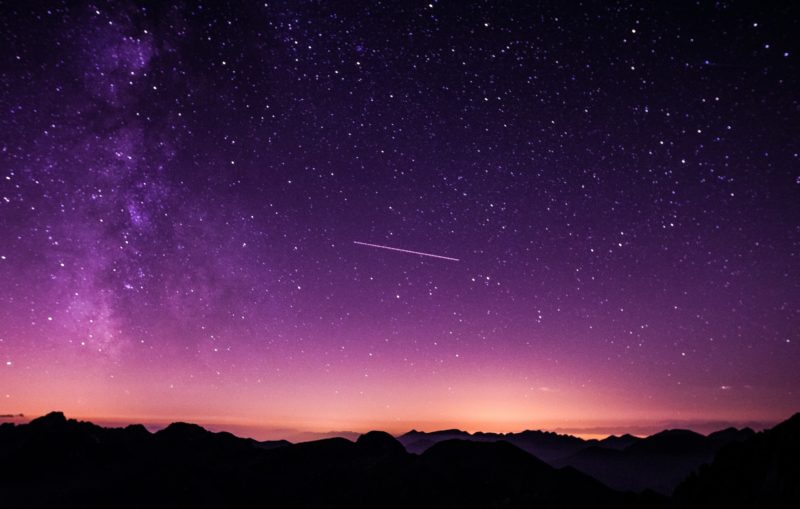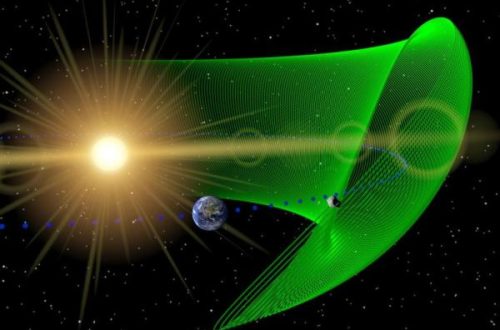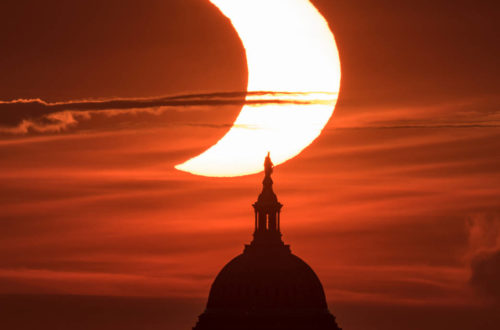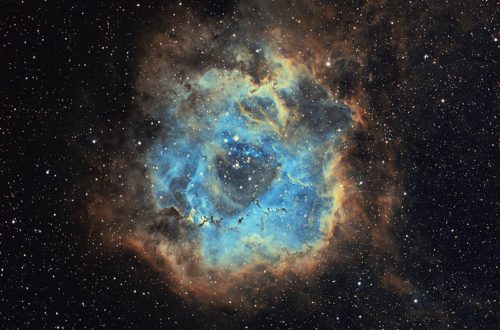Light Pollution Solutions

When Apollo 17 launched in 1972, one of the commentators memorably announced: “it’s lighting up the sky!”
A beautiful turn of phrase, but also something that many astronomers might have heard and muttered in response: “well… what isn’t?”
Would you like to be notified of stargazing events?
Light pollution has been a problem for decades now, yet it’s still one that many amateur astronomers struggle with. Unless you live in a remote region, the chances of seeing much from your own backyard seemingly diminish every year. As civilization grows, our view of the night sky is becoming more and more clouded by light.
To an extent, there is not much you can do about this, unless you happen to have control of the entire electrical grid. Assuming you don’t, that means the best you can hope for is to do as much as possible to control the situation and make the best of what you have in front of you. Or above you, as the case may be. Here are a few ideas to get you started.
Move House
Okay, so it sounds fairly extreme, but it’s worth considering if you’re planning a move anyway. As a general rule, the closer you are to the center of a city, the harder a time you’re going to have being able to see the sky at night.
So before you’re packing up boxes, it’s worth thinking about how your next move is going to impact your love of astronomy. There are some great tools available that can show you the light pollution of any potential area you’re considering, such as this map from DarkSkyFinder. If you have the option to move away from a city, you’ll greatly increase your chance of some backyard viewing.
Motion-Sensor Lighting
It makes sense from a security point of view to have some kind of lighting overlooking your yard, but not if you’re going to want to try and view the skies. Switching to motion-sensor lighting can give you a better view than you otherwise would have had, and it’s just as effective as a security measure too.
Petition Your Local Authority
The International Dark Sky Association have numerous suggestions for the kind of bulbs and other equipment that could be used to increase the visibility of the sky at night. It might not get far, but you could petition a council to change existing lighting. You’ll have more success if there’s a new development they are installing lighting for, so keep an eye on local news for any announcements. It might not make an immediate difference, but if enough people do this in enough places, the impact could be considerable.
Get Away
If your backyard isn’t an option, then you’re going to need to travel. As a general rule: you need to go high or remote. Of course, the perfect viewing site would be a mixture of both! Look out for local astronomy clubs which tend to know the terrain and can recommend sites with the best views.
Conclusion
In the quest to reclaim our view of the stars, battling light pollution remains an ongoing challenge for astronomy enthusiasts. The glow of civilization continues to obscure the night sky, but despite this, there are strategies we can employ. Whether it’s relocating strategically, advocating for better lighting practices, or seeking refuge in remote locations, each step taken amplifies our chances of rediscovering the beauty above. While the sky’s clarity might be veiled, our determination to uncover its wonders remains steadfast.
Would you like to receive similar articles by email?





